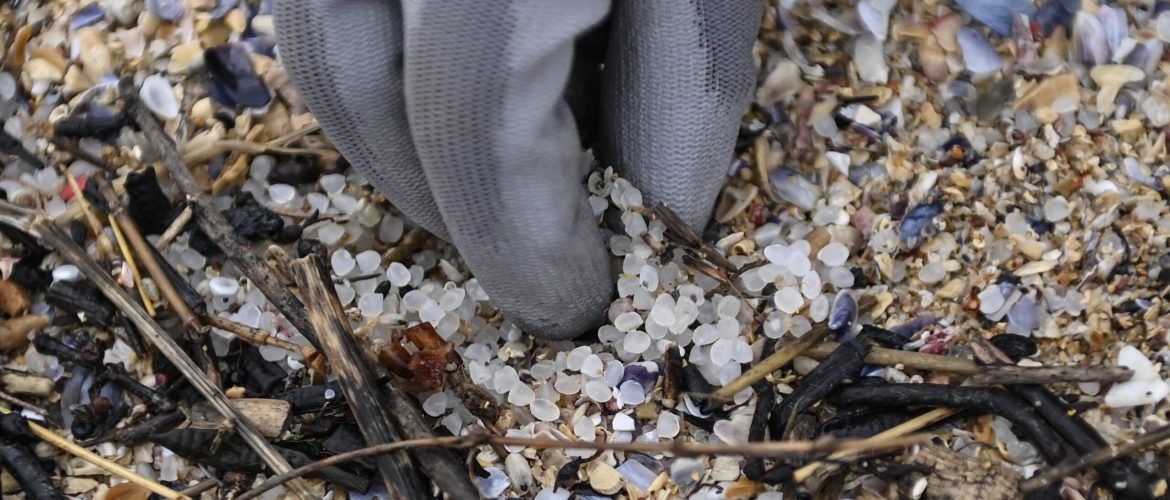In addition to their impact on marine life, microplastics also pose a threat to human health. Studies have found microplastics in drinking water, seafood, and even the air we breathe, raising concerns about their potential health effects. While the full extent of the health risks associated with microplastics is still being studied, there is evidence to suggest that exposure to these particles may be linked to inflammation, oxidative stress, and the disruption of hormone systems. Furthermore, the ingestion of microplastics could potentially lead to the transfer of toxic chemicals to humans through the food chain.
Addressing the issue of microplastic pollution requires a multifaceted approach that involves reducing plastic consumption, improving waste management and recycling infrastructure, and promoting alternatives to plastic products. Additionally, efforts to remove existing microplastics from the environment, such as beach clean-ups and the development of innovative filtration technologies, are also needed to mitigate the impacts of this pervasive pollution.
Ultimately, the issue of microplastic pollution is a complex and urgent problem that requires coordinated action at the local, national, and global levels. By raising awareness about the harmful effects of microplastics, supporting policies and initiatives that reduce plastic pollution, and making conscious choices to reduce our own plastic footprint, we can all play a role in protecting our planet and safeguarding the health of future generations.
